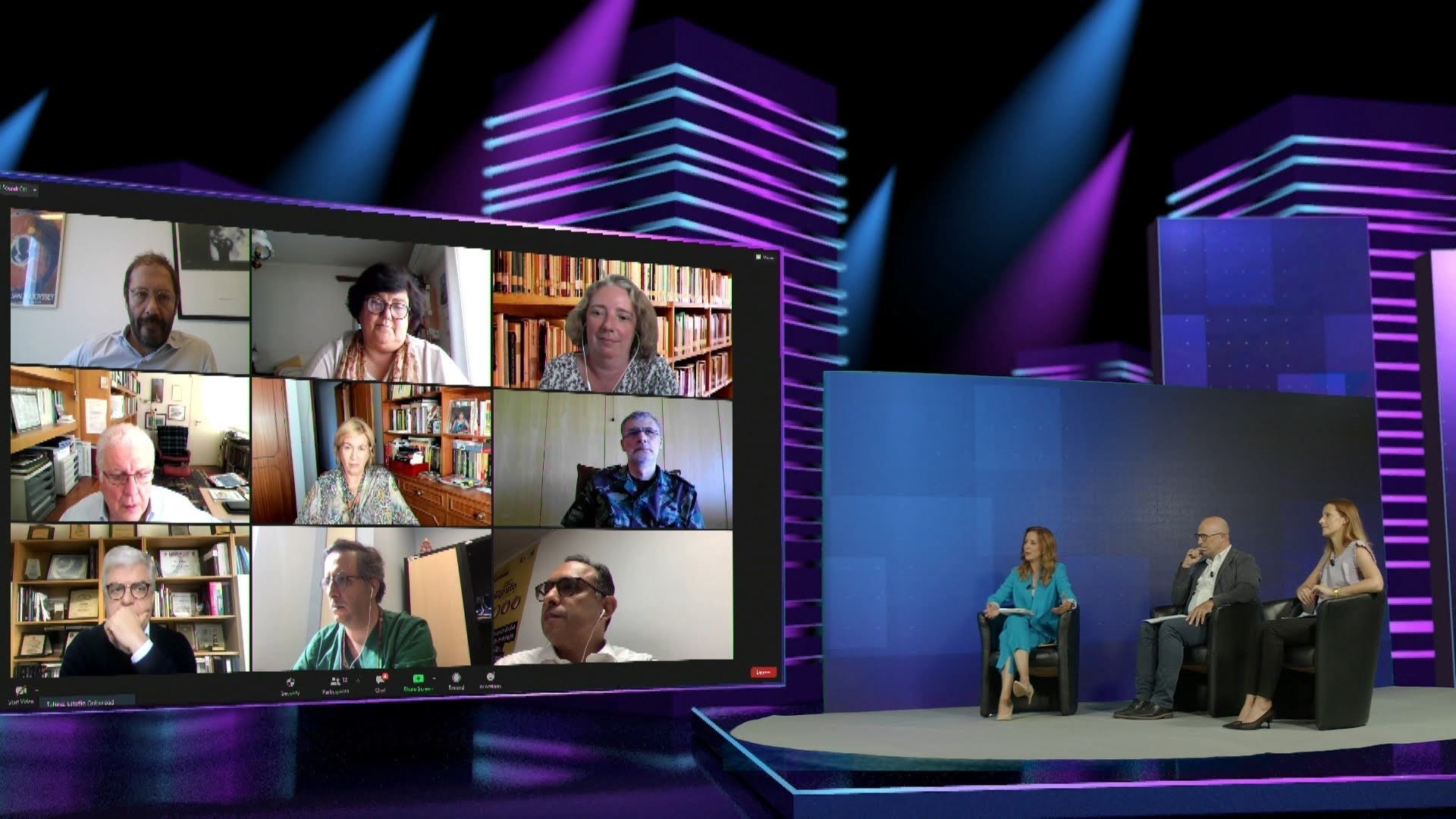
The motto outlined was objective. Where to find the “truth” about covid-19 and which sources does one trust as the most reliable? And would the “truth” have only one investigation path, or several? Is there only one right formula for communicating about health? When Communication combats misinformation, or when it is itself a “side effect” and generates disease.
In order to debate these issues in a multidisciplinary way, 8 participants tried to reflect on the communication made about the pandemic in the last year and a half.
In a meeting that lasted about two hours, in a virtual setting and keeping distance, the debate was attended by Fausto Pinto, director of the Faculty of Medicine of the University of Lisbon (FMUL); Vice-Admiral Gouveia e Melo, coordinator of the vaccination task force (COVID-19); Ricardo Costa, General Director of Information at Grupo Impresa; Cristina Sampaio, associate professor of Clinical Pharmacology at FMUL; Ana Delicado, sociologist and researcher at the Institute of Social Sciences of the University of Lisbon (ICS); Roberto Roncon, intensivist and associate professor at the Faculty of Medicine of the University of Porto (FMUP); Rosário Zincke, president of the Saúde em Diálogo Platform; and Eduardo Nogueira Pinto, lawyer.
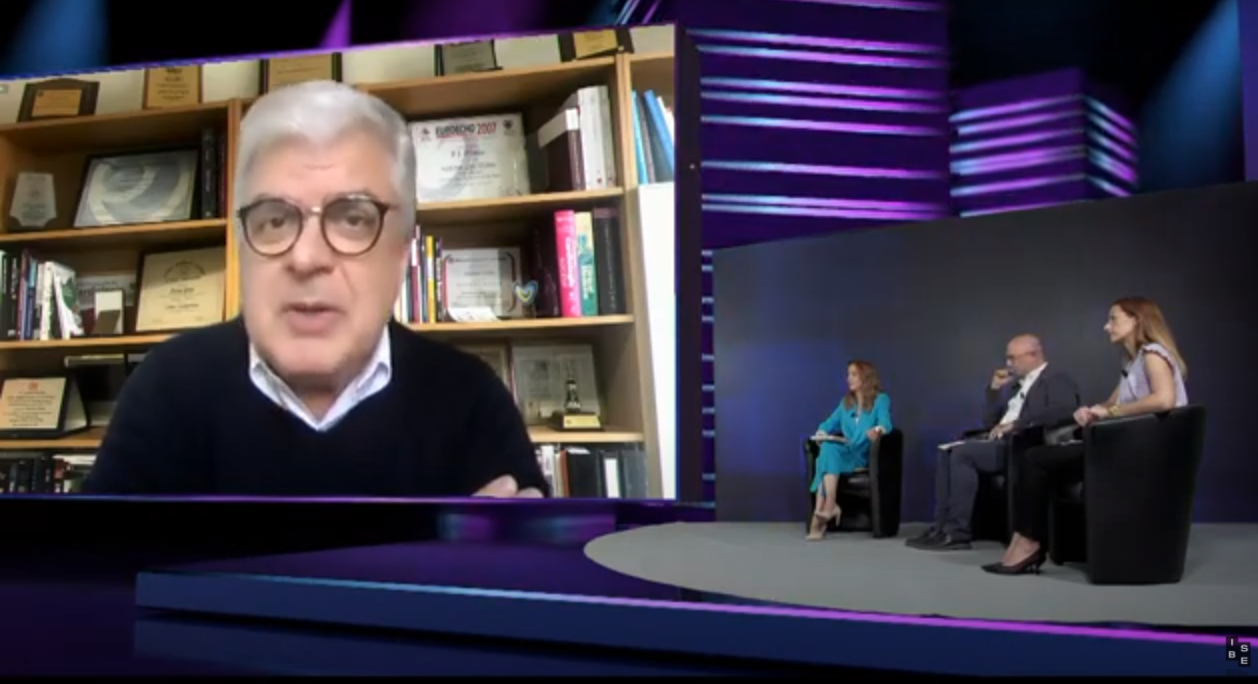
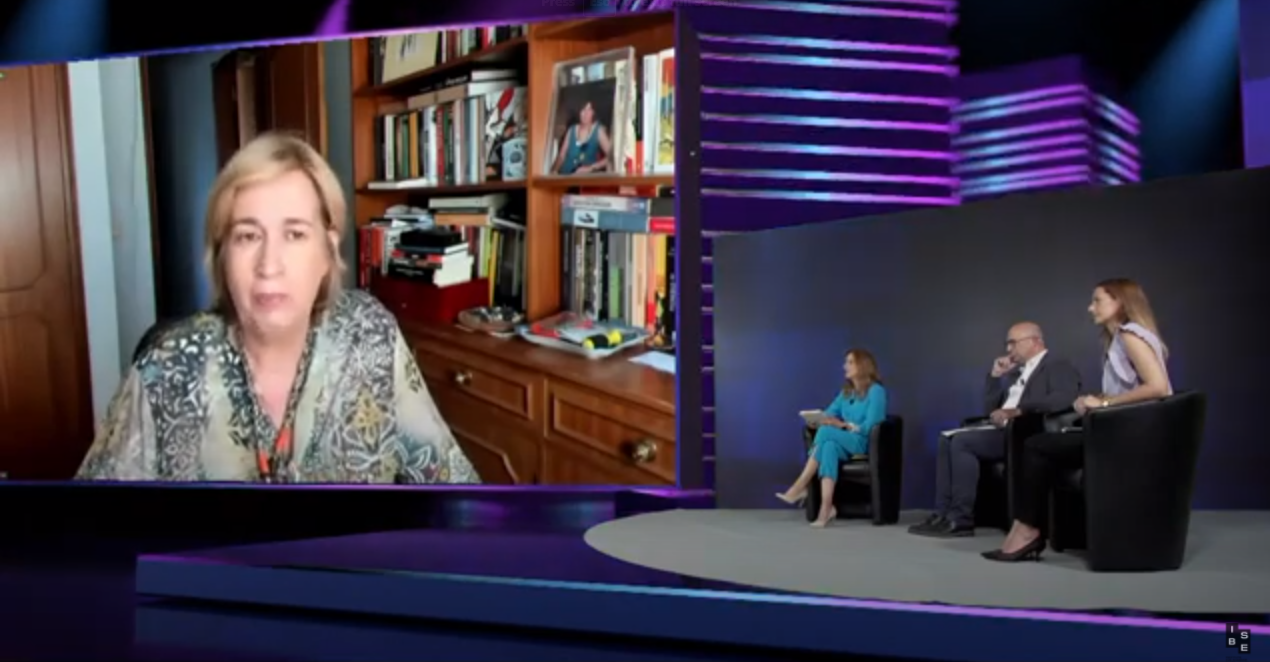
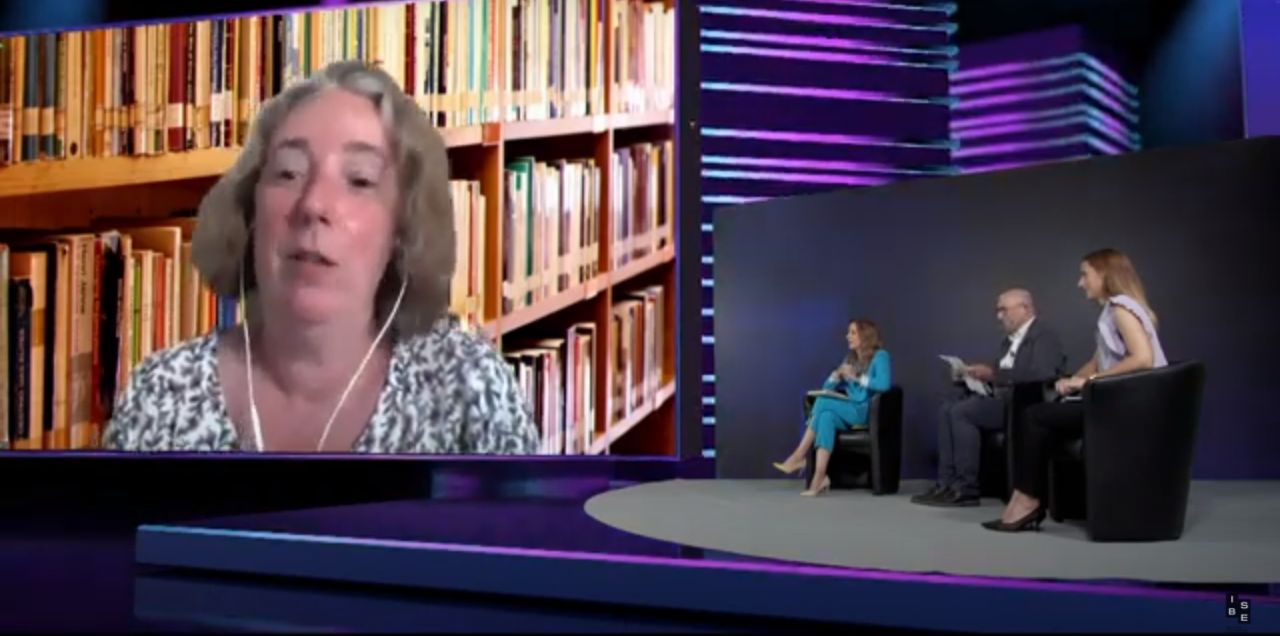

If only one conclusion could be reached, it would be consensual to say that the political power not only did not create adequate communication strategies, but also failed to transmit information clearly and effectively. As Rosário Zincke stated, there was excess of communication and, when nothing new is added, then nothing should be said,.
It was also the excess of communication, pulverized by channels that did not master the topic, that generated so much misinformation, according to Vice-Admiral Gouveia e Melo. He made it clear that the group of younger people “if they don't get vaccinated willingly, they will get it by catching the infection”. Precisely at a time when the number of young people infected by the coronavirus has multiplied by five in the last month, especially among the 20 to 29 years old.
According to Cristina Sampaio, the explanation of concepts difficult to understand by the population in general also failed, an idea strongly supported by the majority of stakeholders, as well as by Ana Delicado, who reinforced that, if the data is not adequate for public opinion, the latter cannot interpret it properly.
And if there was a lack of information and failure to listen to some of the most informed and qualified agents, such as the professors and doctors of the Portuguese Language Medical Schools, as stated by Fausto Pinto, for Ricardo Costa it is crucial that all major decisions be political, as they are the ones that impact the country's economy.

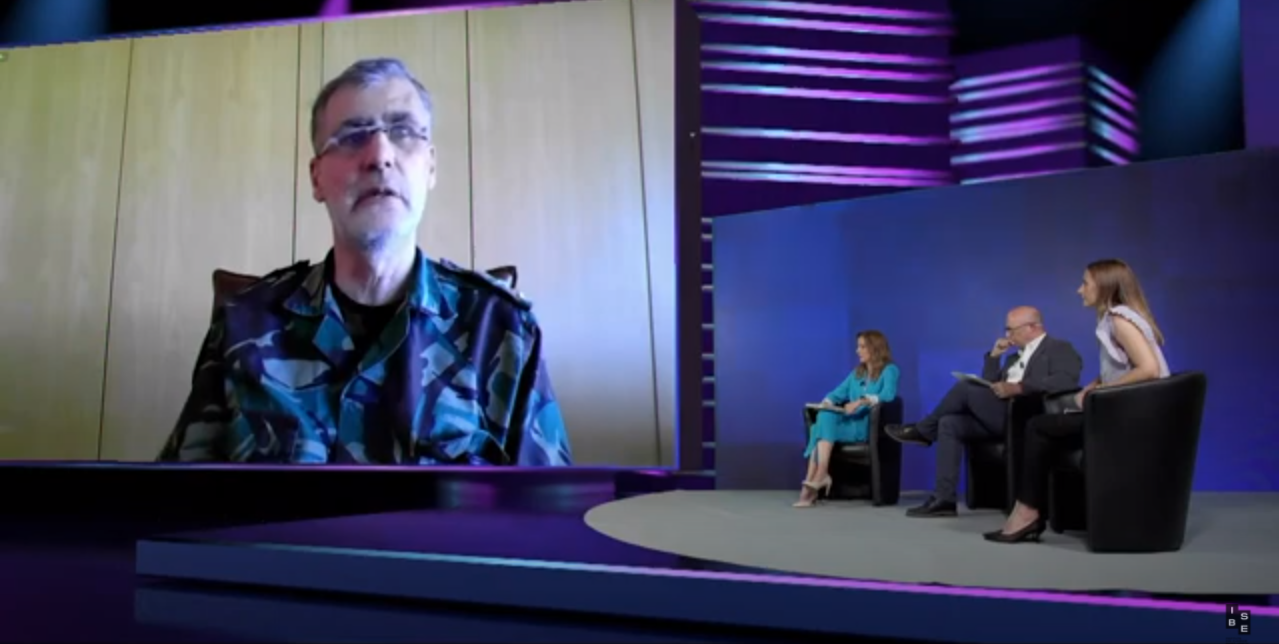
Assuming that it was not possible to predict, at first, which were the most valid sources to inform the public, as explained by the General Director of Information of Grupo Impresa, it was also clear, in the words of Fausto Pinto, that poorly informed reflections would bring few beneficial consequences, like fear of vaccination. Eduardo Nogueira Pinto referred to the effects of information deficiencies as an opportunity for the political power to “still be able to change the official channels so that they communicate with more clarity and substance”.
But then what truth and how to convey it? The theme was addressed by Roberto Roncon, who said that he never felt any derogatory behaviour, even in the face of bad news, a role he was so used to playing as an intensive care provider. The formula for success is precisely to provide information that is faithful to the truth and to demonstrate that all knowledge is used to give the best we know to each person in need.
Promoted by the Evidence-Based Health Institute (ISBE) and by the Saúde em Diálogo Platform, in an organization of content produced by the Faculty of Medicine of the University of Lisbon and by SIC journalist Ana Penedo Moreira, the Webinar was moderated by the latter, by Pharmacology Professor Joaquim Ferreira and Joana Sousa, from the Communication Department, both from FMUL.

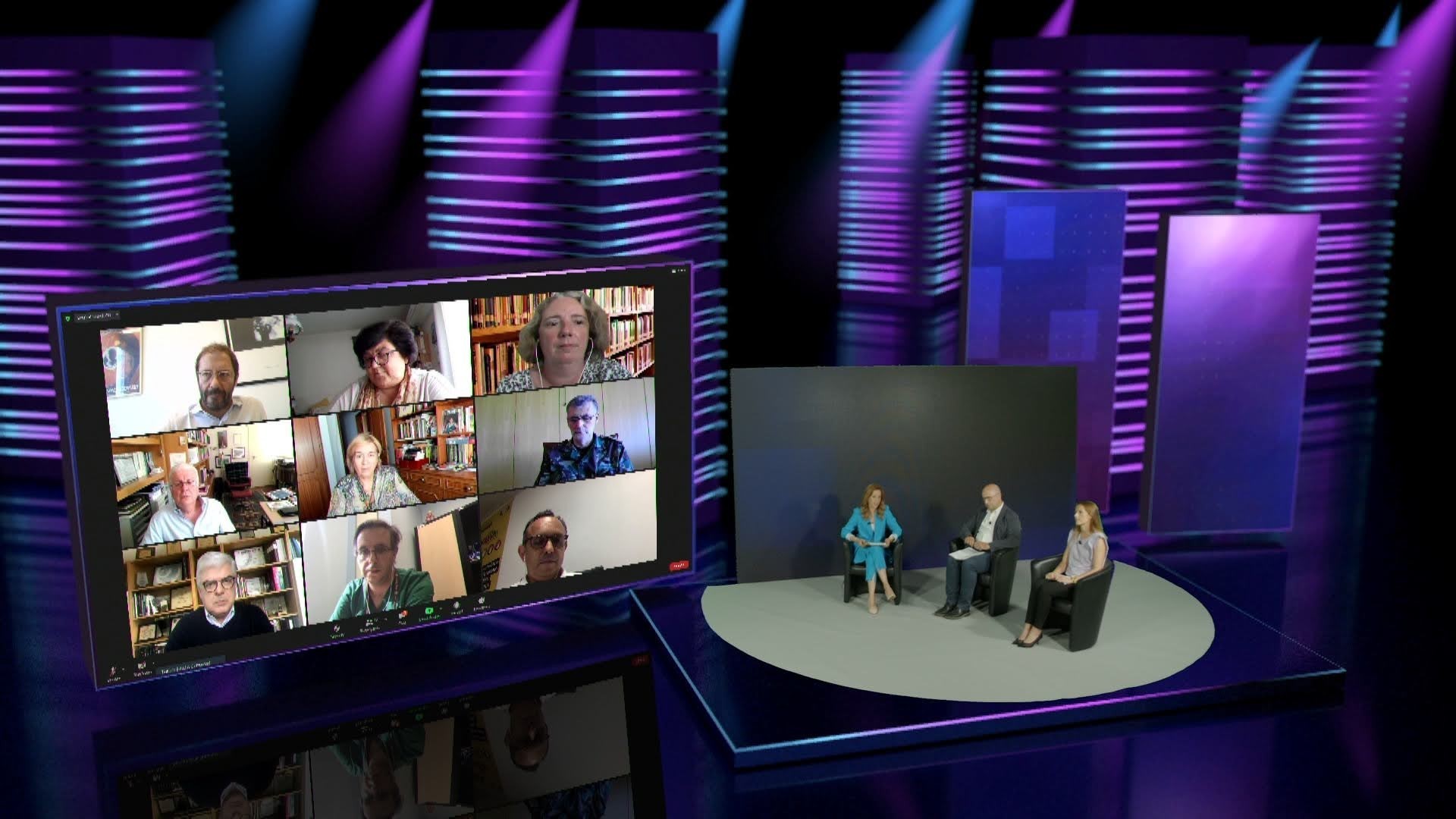
The side effects of communication have been well calculated and debated. But will the political power be able to communicate more clearly in the near future?
The possibility is open, it needs to be properly adapted.
If you were unable to watch the full programme, watch it here: https://www.youtube.com/watch?v=K7Jm8ynNDKQ
We thank Ventos de Talento and On the Road that enabled the virtual settings.
Joana Sousa
Editorial Team


